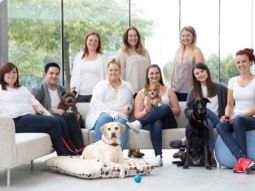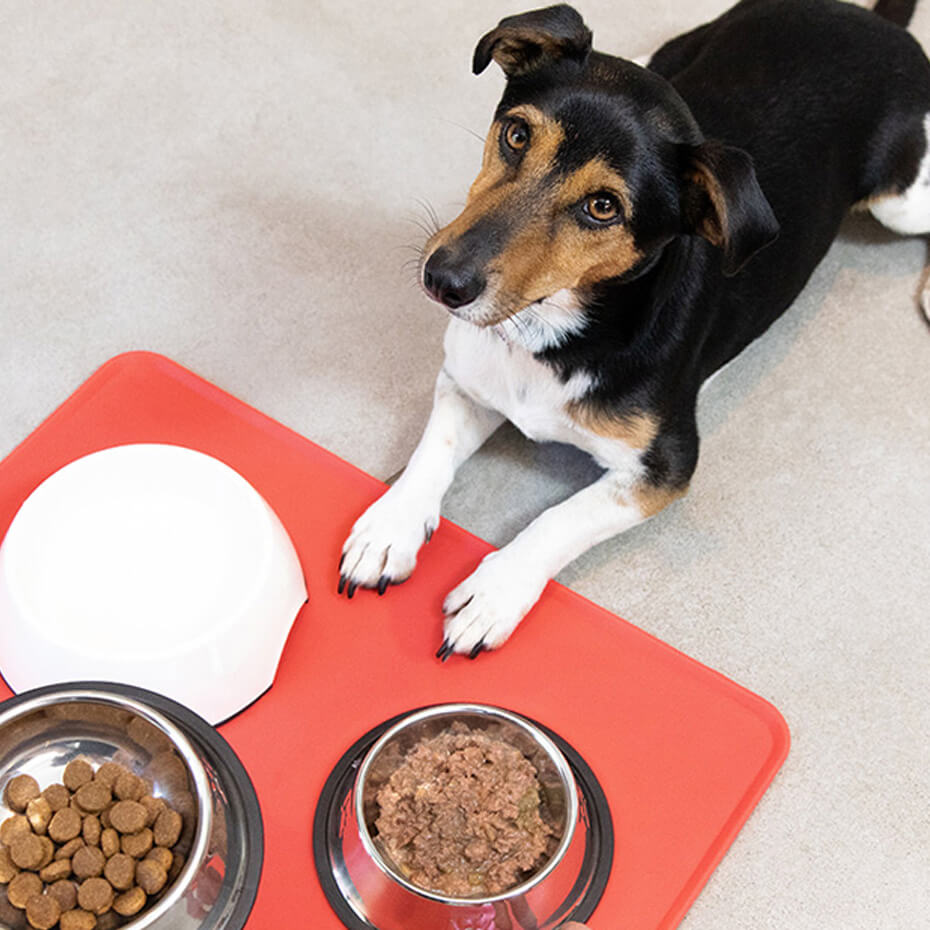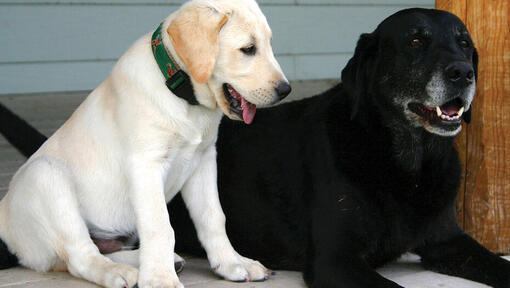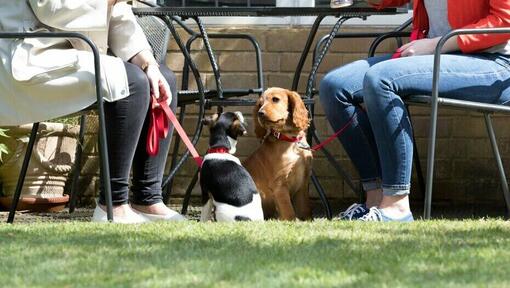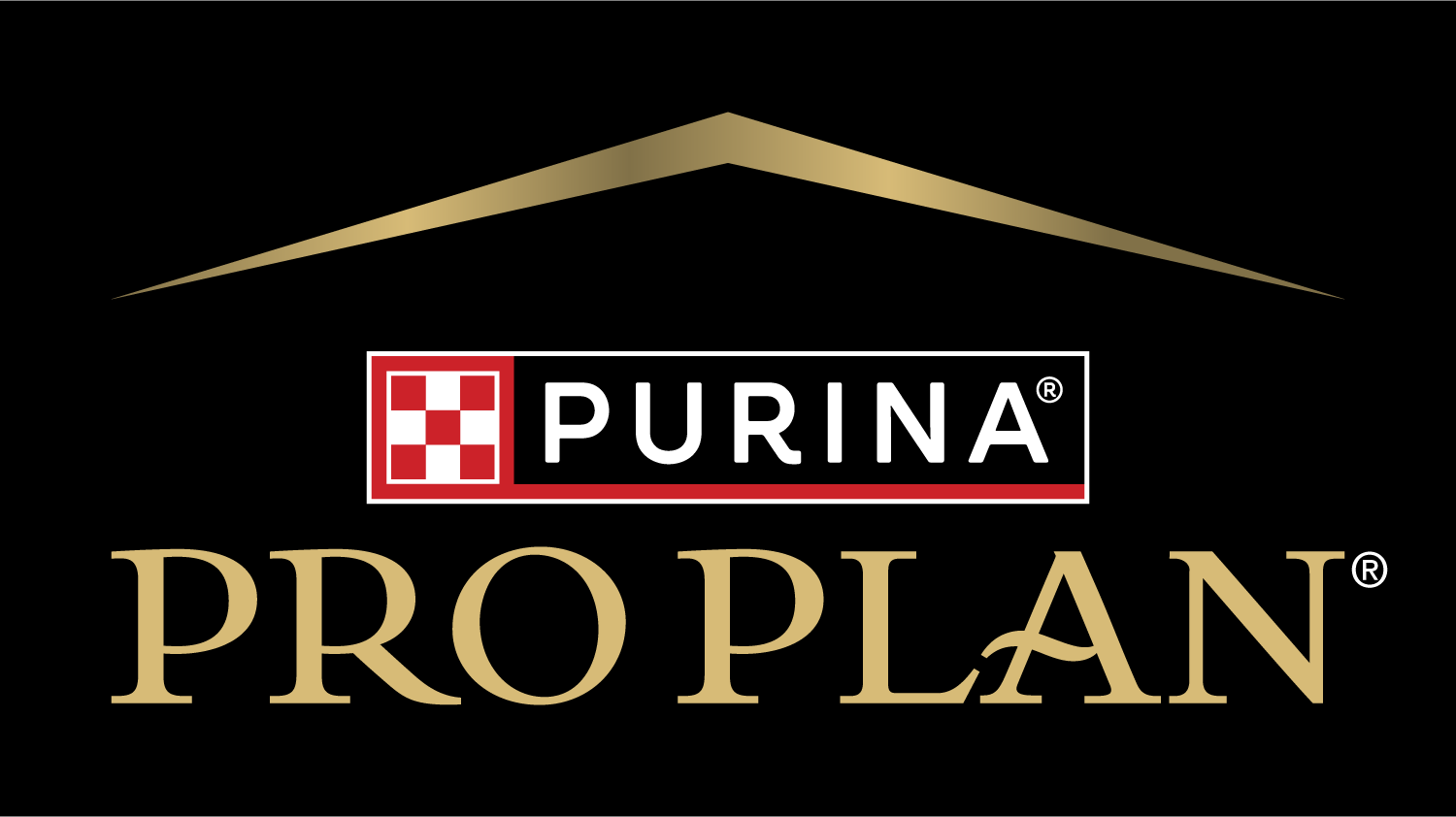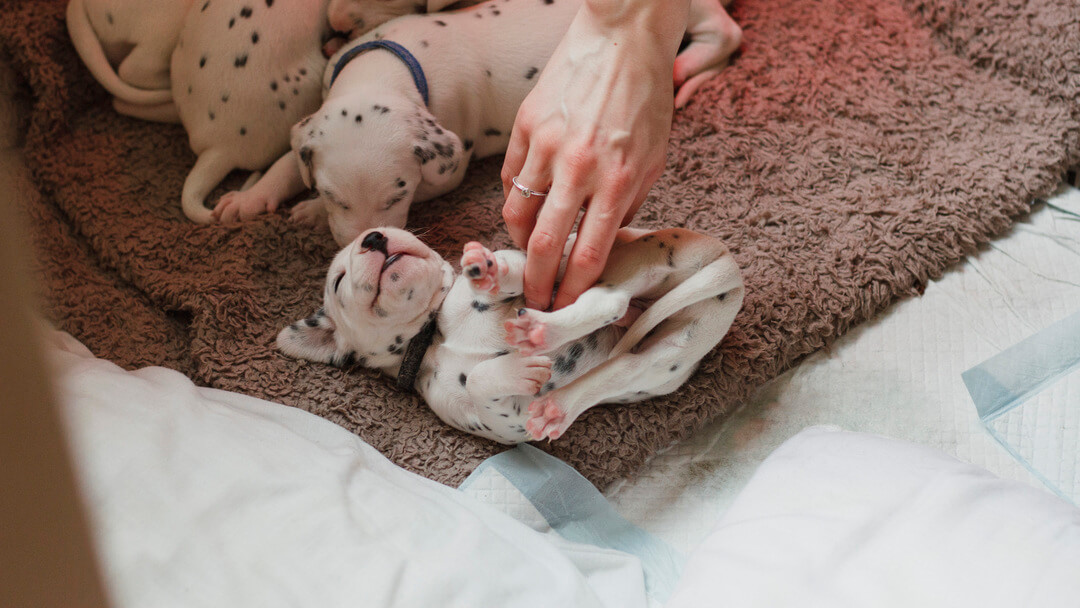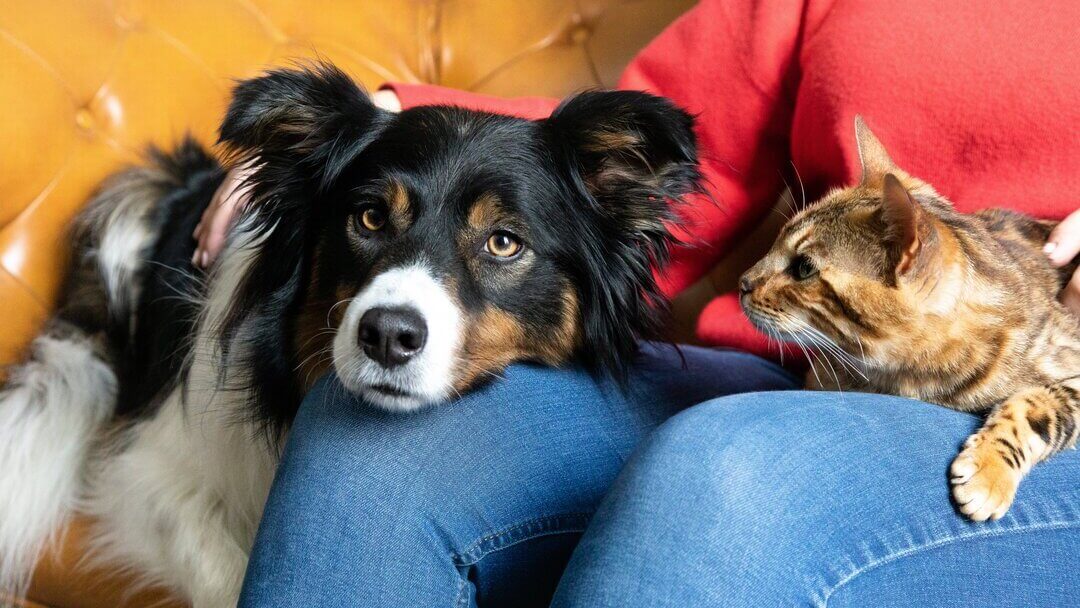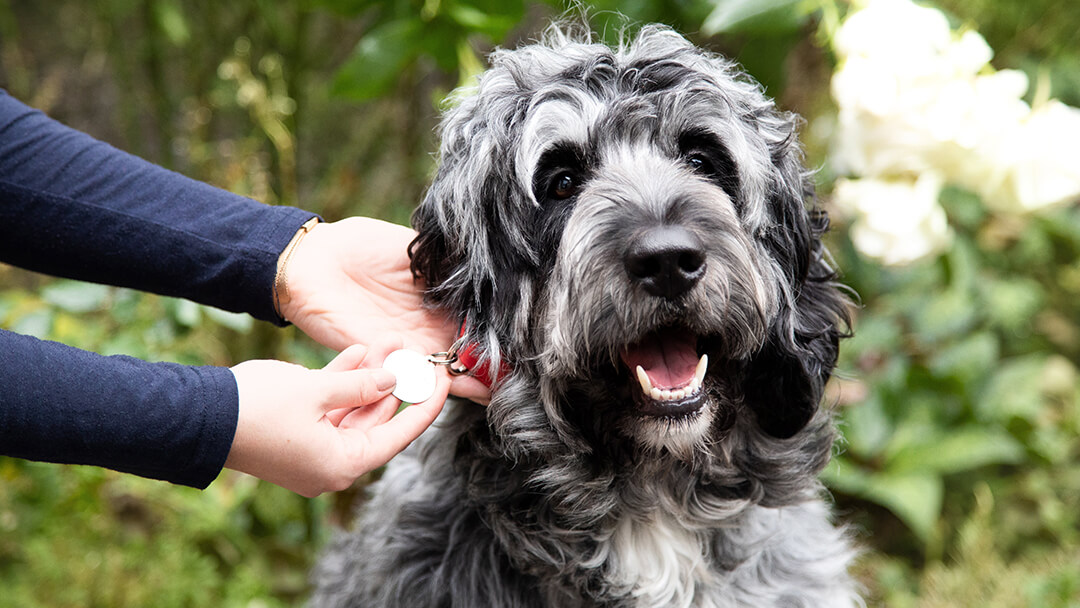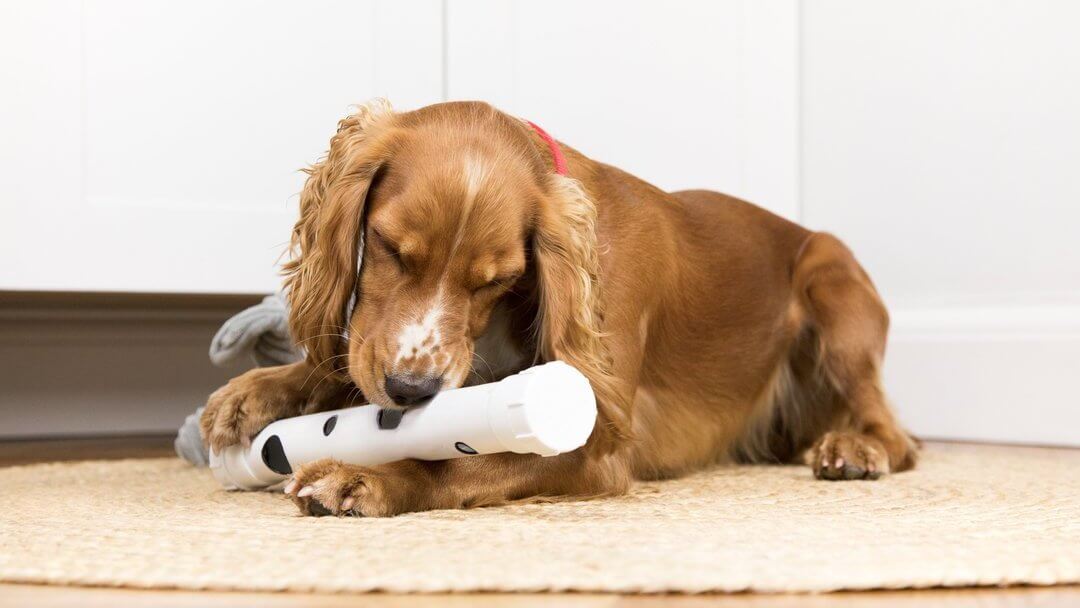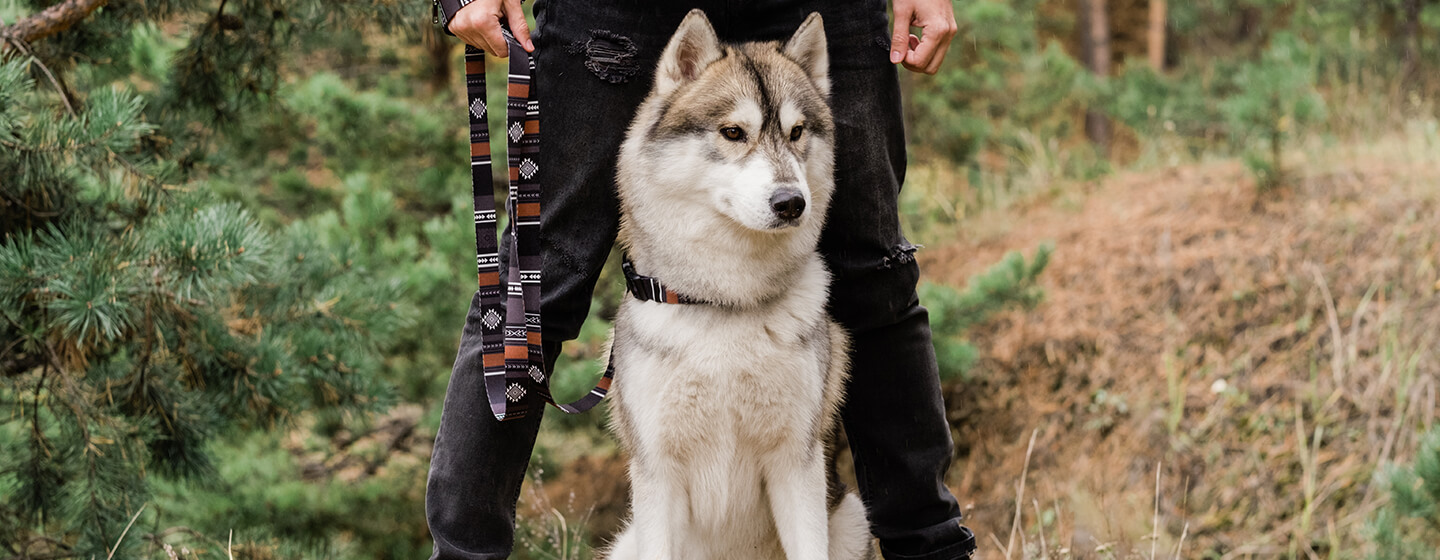
Getting a dog is one of the most exciting decisions you will ever make - and one of the biggest! Like all important decisions, doing your homework before taking on a new pup will make sure that you're choosing the right dog for you and your lifestyle.
It's important to carefully consider what dog you would like before taking one home. It can be very easy to be swayed by big brown puppy dog eyes or a fluffy ball of energy, but remember that a dog is a long-term relationship, so it's best for you and your pet that you're compatible. Your dog will be a part of your life for a long time to come, so it's important to research ahead to know what to expect.
Getting a dog: key considerations
A dog should suit not only your lifestyle, but your surroundings too. For example, if you live in a smaller home with little outside space, then a little dog may suit you better.
With over 200 dog breeds to choose from, you are bound to find the perfect match. Use our dog breed selector tool for more information on what to expect from different breeds, so you can choose the perfect pup for you and your family.
As well as breed, age is another important thing to consider when getting a dog. As puppies require a lot of work to train, you may want to ask yourself “would I be better off adopting an adult dog?” if you do not have enough time to dedicate to keeping a cheeky puppy in check!
Choosing a dog: top questions
Pedigree, crossbreed or mixed breed?
Did you know that there are more than 200 breeds of dog recognised in the UK alone? If you add in all those adorable crossbreeds and mixed breeds, there are hundreds more types to choose from. As a first time dog owner, perhaps the first thing you should consider is if you'd like a pedigree, crossbreed or mixed breed dog.
The advantage of choosing a pedigree dog (also known as a pure breed) is that you have a certain amount of predictability. You can be fairly certain that your four-legged friend will be a certain size, with a certain coat length and texture, character, energy level, and you'll also have a bit of warning about some potential health conditions that can affect certain breeds.
There's a certain amount of predictability with crossbreeds too. Crossbreeds have parents from two different pure breeds, but it can be trickier to be sure which breed, if either, will determine your dog's looks and personality.
For example, a Border Collie-Labrador cross could be laid back, brimming with energy, or neither!
The fun really starts with mixed breeds (otherwise known as mongrels). They come from a largely non-pedigree background, and although you can sometimes see glimpses of recognisable breeds in them, it often comes down to guesswork. One of the many good things about mixed breeds is that they can often be healthier, as they usually have a larger gene pool meaning that hereditary problems are less of an issue.
For more information on what breed of dog may suit you best, try our breed selector tool.
"They don’t call them ‘puppy-dog eyes’ for nothing - there’s something about puppies that makes them absolutely irresistible!"
Puppy or adult?
They don't call them 'puppy-dog eyes' for nothing - there's something about puppies that makes them absolutely irresistible! They might be cute as a button, but that doesn't automatically mean a puppy is the right choice for you and your home.
If you're thinking of getting a puppy, you'll find that they're naturally curious and keen to learn, so having time to train them is an absolute must. With your love, care and training you can turn their enthusiastic blank canvas into a masterpiece! Training is great fun but hard work - you'll need to teach them everything from toilet training to walking on the lead. If you have the time and the patience, you'll find their transformation hugely rewarding and all the effort you put in will help build a great bond between you and your puppy.
Another option is to rehome a 'teenage' or adult dog. If you're a first time dog owner you may find an older dog to be a better fit for your lifestyle.
Most adult dogs will come to you with some training and socialisation. That doesn't mean the job's done however - there'll still be plenty for you to do, and there's no reason why you can't build a bond that's as strong as with any puppy.
The old saying "you can't teach an old dog new tricks" isn't true, as every dog can continue to learn and adapt throughout their life.
Sadly, some adult dogs up for rehoming haven't always been blessed with a previous loving home, so they may come to you with a bit of 'emotional baggage'. These dogs need extra love, time and patience, but what you give to them will be hugely rewarding for both you and your dog, and result in a lifelong friendship. Working together on training will really help build your special bond, and grow trust between the two of you. Staff and volunteers at reputable rehoming centres will be able to give you advice on choosing the right dog to find your perfect partner.
Dog or bitch?
Another thing you need to think about when getting a dog is whether you want a male or female. Opinion varies enormously, and ultimately the decision really comes down to personal preference.
Some owners say that bitches are easier to train and tend to be more loving, while others argue that females are more independent and aloof. Males are often said to be more assertive, but neutering can make them a little easier to handle if they start out a bit too bold and over-confident (although this varies with the age of neutering and from one dog to another).
There's no simple answer, and you'll need to remember that a lot of your dog's character and behaviour will simply come down to individual personality and the amount of time that you dedicate to training and socialising with them.
Unneutered dogs of both sexes can sometimes be a handful. Males can wander off in search of females, and unspayed bitches can be difficult to manage during their season and they can sometimes suffer from phantom pregnancies. If you're looking to breed, these are manageable hurdles to overcome. Unplanned pregnancies, on the other hand, can cause unnecessary problems for you and your dog, such as complications during her birth and finding homes for the puppies. The cost of neutering a female tends to be more than for neutering a male, and more still if she's already pregnant.
For more information on how neutering effects both males and females, take a look at our neutering FAQs page.
What to look for when choosing a puppy?
By six weeks old your puppy should be interested in you and their environment, keen to sniff your hands and explore the world around them. They should be playful and almost certainly up to mischief! Here are a few things to look out for
- Bear in mind that the smallest puppies in the litter can have health problems, and that nervous, withdrawn or overly excitable puppies may need more training and socialisation.
- Your puppy should be plump, but not fat, and be free of any lumps or bumps.
- The perfect puppy should also have clean and bright eyes, clean ears and a clean bottom.
- Coats should be soft and clean with no bald or sore patches and the puppy shouldn't be scratching.
- Place your potential pup on the floor. They should be interested in their surroundings straight away. Clap your hands, or make a high-pitched squeak and notice how they respond.
- Deafness can be a problem in some breeds, like Dalmatians and other white breeds, so make sure your puppy reacts when exposed to obvious sudden noises.
When to pick up the new puppy?
As a general rule of thumb you should plan to pick up your pup from around eight weeks old (or a little later with certain breeds). Earlier re-homing isn't recommended and it may be a sign that the breeder isn't following high breeding standards. It's worth noting that some insurance policies don't cover dogs that leave the breeder before eight weeks of age.
Sometimes a breeder will ask you to wait until 12 weeks to pick up your puppy. If that's the case, check that it's going to be a busy household where your new pup can be well socialised during those all-important weeks.
The time you take your pup home will also influence what vaccinations they will have received - so check with the breeder, who should provide documentation of vaccinations (along with worming and other treatments).
If after choosing a puppy you are asked to collect them much later than the usual 8-12 week period, there may be a reason why the breeder has held them back - so ask why.
Finally, make sure you're familiar with what food your pup's been fed on and the breeder's feeding regime. It helps your puppy settle in if you can continue this at home, at least initially.
Breeder or re-homing organisations?
If your heart's set on a pedigree, then your best bet is to find a reputable breeder. You can find this list via Dogs NZ. If you are looking for a pedigree dog, we recommend choosing a registered breeder as you will be able to find out a lot about your dog- where it has come from, how it is likely to behave, what its temperament should be and other genetic characteristics.
It can be incredibly fulfilling to adopt a dog from an animal shelter and offer them a second chance in life. There are many dogs waiting for a loving forever home. Each dog has its own story and many have lost their first home through no fault of their own, and would love to become a part of yours.
Reputable centres will be very careful about matching the right people with the right dogs - they certainly don't want them being rejected again nor do they want you to take on a dog that's not suitable for you. Staff carefully assess the dogs they take in, and will spend time getting to know you, your family and your lifestyle before they match you with any of their dogs. They'll also be happy to give you advice and answer any questions you might have.
Not surprisingly, there are more adults dogs looking for new homes than puppies, and when there are pups looking for adoption, they often get adopted pretty quickly. If you're wanting to rescue a puppy, you may have to take your time contacting several shelters and rescue centres or have to travel further afield to find one that's right for you. The largest shelter organisation in New Zealand is SPCA NZ, with 35 shelters across the country.
Whether you buy from a breeder or rehome a rescue dog, you can look forward to a fulfilling future of adventures with your new friend!
